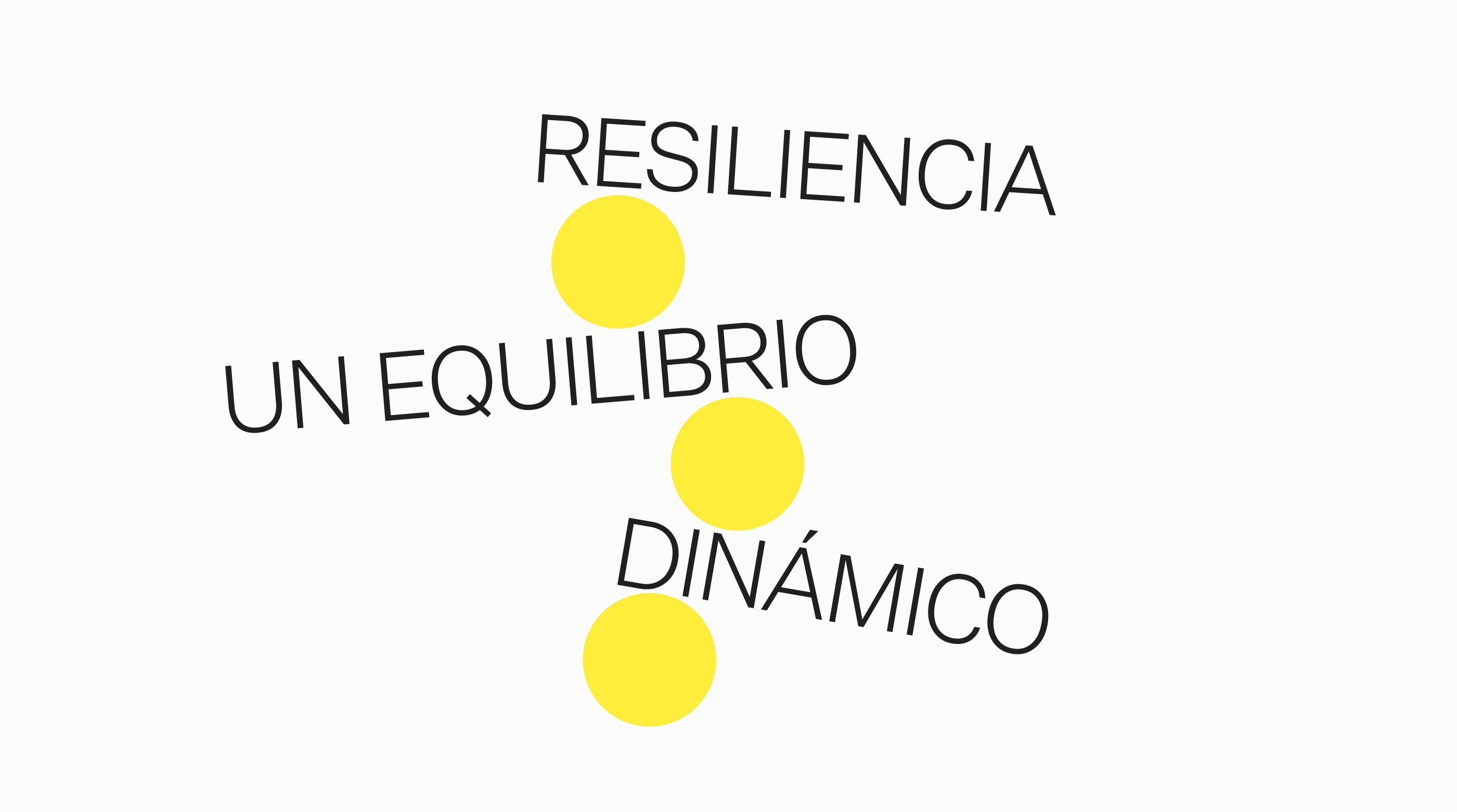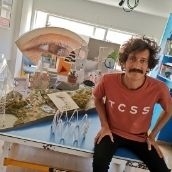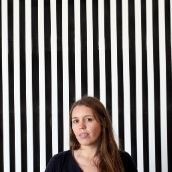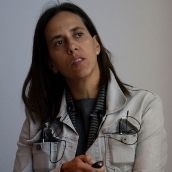Turning point. Radical positions for a changing world.
We live in a world that is constantly mutating. Be it political conflicts, social inequalities or ecological disasters, the planet and humanity are constantly changing, coming ever closer to a state of collapse. We live in a globalised and interconnected world, both digitally and physically, where the daily actions we take in our immediate environment have a drastic impact on other parts of the world. A "butterfly effect", where small changes can have unforeseen consequences in different places and at different times. Our daily actions not only affect our immediate environment, but also have an indirect impact on other countries and contexts.
In February of this year, The Guardian published a series of articles examining the environmental impact of cement, the main material used in construction. After water, cement is the second most consumed material in the world and is the cause of 8% of global CO2 emissions. If we add to this the fact that the construction sector contributes to 23% of air pollution, 40% of drinking water pollution and 50% of waste in landfills, the situation is critical. We live in a time of maximum urgency, where natural resources have an expiry date and we must think about and put into perspective the impact of architecture, both on society and on the planet. A planet where we need to create habitats for a world population that will increase by 25% over the next 30 years. How are architecture and architects responding to these problems on a local and global scale?
The sixties and seventies were tumultuous decades of political disorder and social unrest. From the construction of the Berlin Wall to the anti-nuclear movement, the protests against the Vietnam War or the student riots of May 68, these years hold a prominent place in our recent history. Injustices were openly debated and radical thoughts were considered that questioned the status quo, as well as the conventions and practices present in various areas of life, including architecture. We live in an equally critical time, with direct parallels but with 50 years less in terms of the countdown.
This is the time to understand the impact of architecture from a holistic perspective and to create radically innovative designs that take risks to change the way we act in our environment. We need to work in a collaborative way, understanding the work of the architect as part of a complex network, like the planet itself, where the flow of knowledge and action is constant, defining new action formats that renegotiate the relationship between humans and with the medium. We must understand how to relate to each other in order to understand how to manage a more empathetic relationship with other species and our environment.
To do the right thing is no longer enough. We cannot continue to behave in the same way, we need to generate a turning point. We need to introduce a change of thought, agenda and practice, to create greater awareness and demonstrate to society the transformative power of architecture for repairing our environments. We need to develop projects and strategies that allow us to radically transform our impact on the planet and repair our relationship with our environment, in social, political and environmental terms, creating a more democratic space for all.
This arquia/próxima call has been set with the aim of seeking strategies, reflections and manifestations that take risks to question the status quo and established conceptions, presenting proposals that allow a radical change to be generated in contemporary architectural practices. The projects selected for this call will act as a time capsule, reflecting the agenda of architects today that will crystallise how they respond with critical and innovative formats to social, political, economic and environmental changes. An opportunity to collectively examine and discuss issues of vital importance for our society and our planet, and highlight those practices that take risks and innovate in the face of local and international changes in order to generate a new radicalism in architecture.













